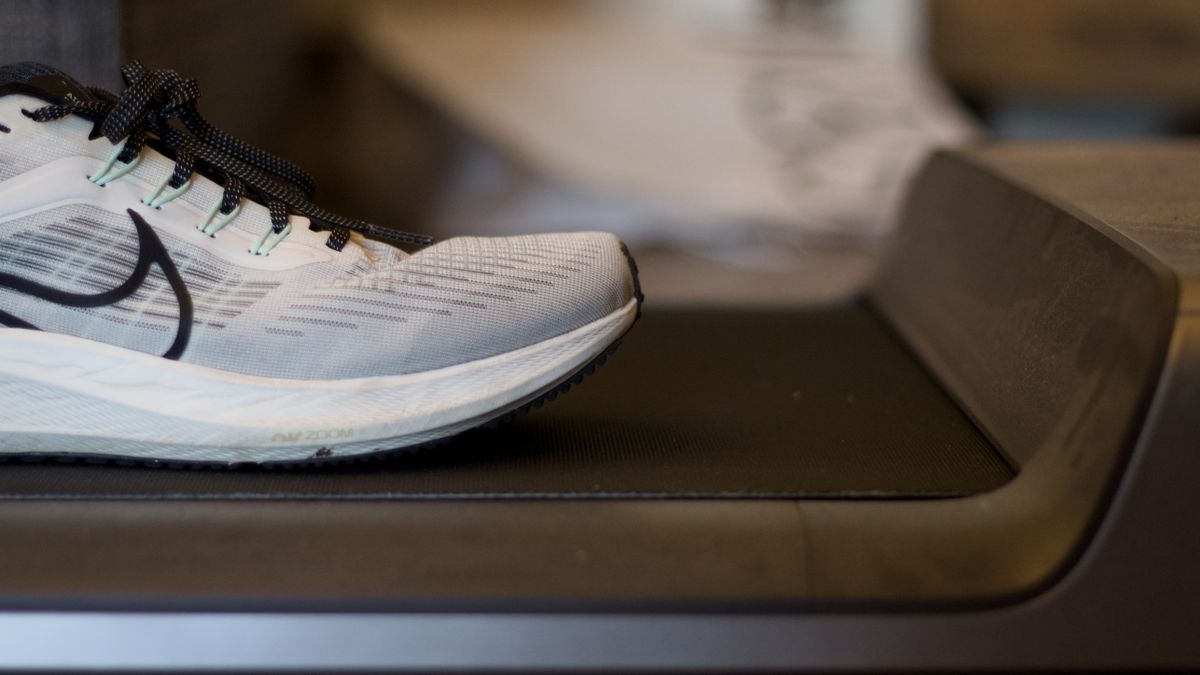With a result few would have expected, the smallest country in the world also appears to be the most competent when it comes to cybersecurity: Vatican City.
According to the National Privacy Test performed by one of best VPN services around, NordVPN, The Holy See was at the top, eight of the other top ten countries were also European. The UK was 35th in the global ranking.
According to NordVPN, the test is designed to “assess aspects of an individual’s online life, including their theoretical understanding of cybersecurity and their ability to identify and respond to online threats.”
European dominance
From data collected since 2020 – nearly 140,000 respondents from 192 countries answered 20 questions – Vatican City respondents scored 72 points on the test, the highest score of any other country.
According to NordVPN, residents demonstrated “excellent awareness of digital risk and how to avoid it.” However, she criticized her digital habits, citing the need for residents to improve their use of online services Privacy Tools to stay safe
Finland took second place and the Czech Republic third. Compared to Vatican City, both countries achieved comparatively worse results in all test areas: digital habits, digital privacy awareness and digital risk.
Singapore was the only country outside of Europe to make the top ten, ranking seventh with 69 points scored, the highest of any Asian country. Behind them were Malaysia and the United Arab Emirates, each scoring 67 points.
The US also scored 67 points, ranking 21st in the world. However, it beat Canada on all aspects of the test: digital habits (48 to 45 points), digital privacy awareness (74 to 69 points), and digital risk (85 to 82 points).
In the Oceanic region, New Zealand took the top spot with 68 points, while Australia only managed 63 points. New Zealand performed better in all categories. And Brazil led Latin America by 67 points, beating their closest rivals, Argentina and Colombia, by two points. However, Colombia scored better on Digital Habits (49-47) and Digital Risks (84-80) than Argentina.
The global average score was 65 points, with respondents performing best in identifying and avoiding digital risk with an average score of 82 points. 69 points was the average score for knowing how best to protect yourself from malware and only 47 points for knowing how to keep data secure through the proper use of privacy tools and online services.





